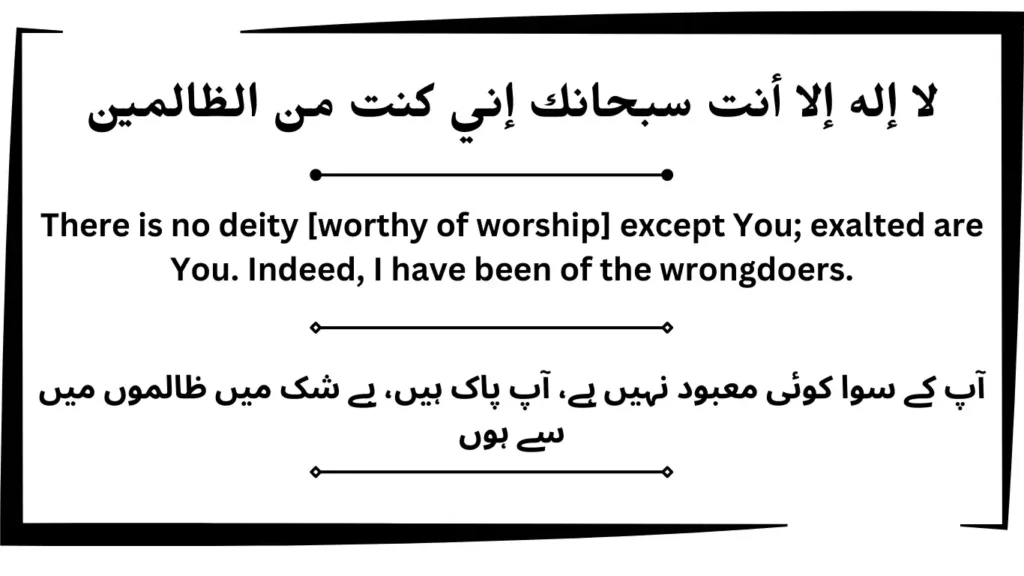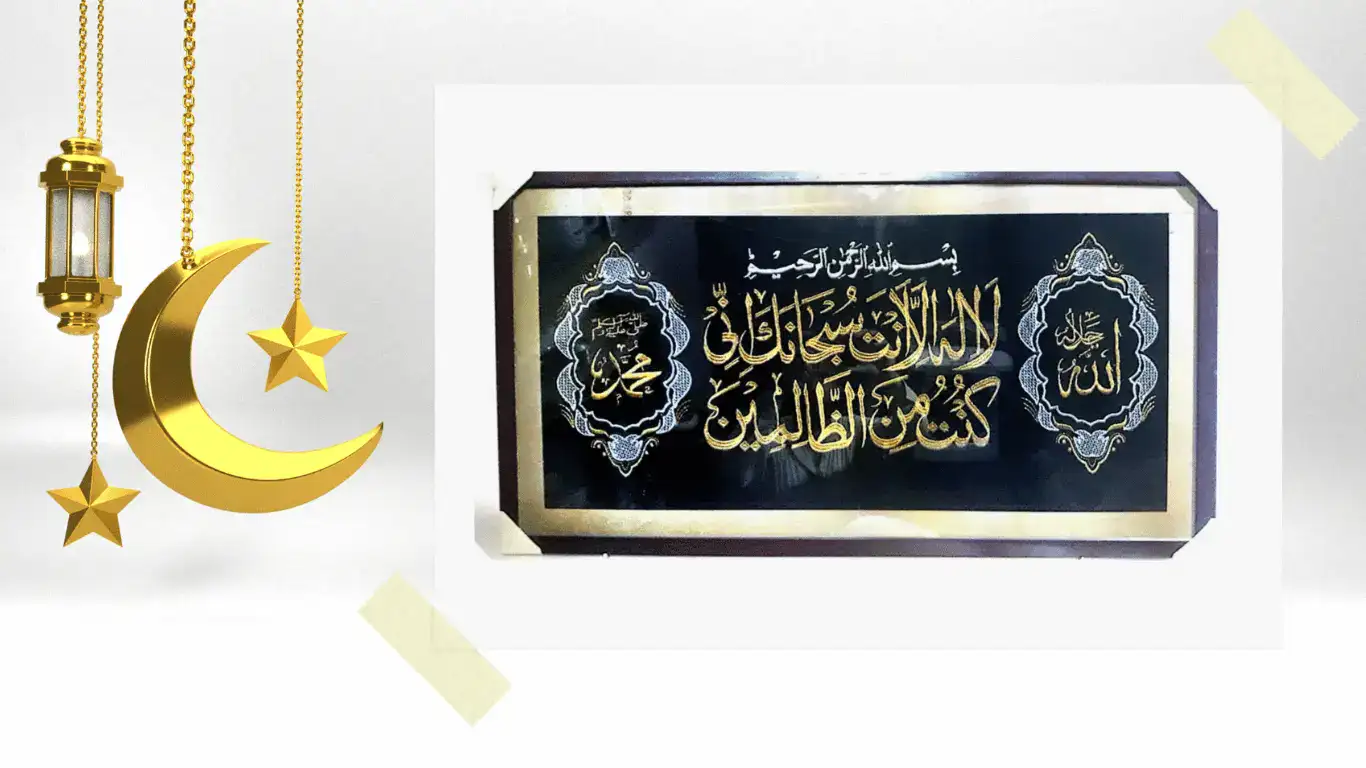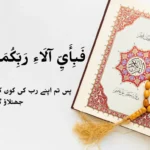There are moments in life when words fail us. When burdens weigh heavy on our hearts, and the path ahead seems shrouded in darkness, a simple yet profound supplication can offer a lifeline. In Islam, one such powerful phrase holds immense significance: لا إله إلا أنت سبحانك إني كنت من الظالمين (La Ilaha Illa Anta Subhanaka Inni Kuntu Minadzolimin).
Understanding the Depths: Translation and Meaning
Here’s a breakdown of this beautiful verse, offered in Arabic, English, and Urdu for a deeper understanding:
- Arabic: لا إله إلا أنت سبحانك إني كنت من الظالمين (Lailaha illa anta subhanaka inni kuntu minaz zalimin)
- English: “There is no deity [worthy of worship] except You; Exalted are You. Indeed, I have been of the wrongdoers.”
- Urdu: “آپ کے سوا کوئی معبود نہیں ہے، آپ پاک ہیں، بے شک میں ظالموں میں سے ہوں۔” (Aap ke siwa koi mawjood nahi hai, Aap پاک hain, be شک mein zalimon mein se hon.)
This verse is a declaration of faith, acknowledging the oneness of God (Allah) and seeking forgiveness for past transgressions. It’s a humble plea, recognizing our shortcomings and imperfections while placing our trust in Allah’s infinite mercy.

A Beacon of Hope in the Face of Adversity
The origins of this supplication are found in the Quran (21:109), where it’s attributed to Prophet Yunus (peace be upon him) during his time of hardship. Trapped within the belly of a whale, Prophet Yunus turned to Allah with this heartfelt plea, seeking refuge and forgiveness.
This verse reminds us that even the prophets, the purest of souls, faced trials. It offers solace, knowing that no matter the difficulties we encounter, Allah’s mercy is ever-present.
Related post:
| Inna Lillahi Wa Inna Ilayhi Raji’un in Arabic |
| Meaning of Dua Allahumma Ajirni Minan Naar |
| Labaik Allahuma Labbaik |
| Fabiayyi ala irobbikuma tukadziban |
The Power of Repentance: Unveiling the Benefits
Reciting “La Ilaha Illa Anta Subhanaka Inni Kuntu Minadzolimin” transcends mere words; it’s a powerful act of repentance. Here are some of the profound benefits associated with this supplication:
- Seeking Forgiveness: It serves as a heartfelt plea for Allah’s forgiveness, washing away the stains of past mistakes and paving the way for a fresh start.
- Strengthening Faith: By acknowledging Allah’s power and seeking His mercy, this verse reinforces our faith and deepens our connection with the Divine.
- Inner Peace and Tranquility: The act of sincere repentance and turning to Allah brings a sense of peace and tranquility to the troubled soul.
- Overcoming Challenges: Reciting this supplication during times of hardship can instill strength and resilience, reminding us that Allah is always there to guide us.
Making it Part of Your Daily Practice
This powerful verse doesn’t require specific circumstances; it can be incorporated into your daily supplications. Here are some suggestions:
- Morning and Evening Remembrances: Include this verse in your daily adhkaar (remembrances of Allah) routine, recited during the morning and evening.
- Times of Difficulty: When faced with challenges or trials, recite this supplication as a reminder of Allah’s mercy and a plea for His support.
- Seeking Forgiveness: If you’ve committed a mistake or feel remorseful, recite this verse with sincerity to seek Allah’s forgiveness and guidance.

A Final Note: A Timeless Message of Hope
“Lailaha illa anta subhanaka inni kuntu minaz zalimin” transcends cultural and linguistic barriers. It’s a universal message of hope, reminding us that no matter how far we stray, the path to forgiveness and Allah’s mercy is always open. So, let this verse be a beacon of light in your times of need, a constant reminder of the immense power of sincere repentance.
FAQs:
This beautiful Arabic phrase translates to: “There is no deity [worthy of worship] except You; Exalted are You. Indeed, I have been of the wrongdoers.” It’s a powerful declaration of faith in Islam, acknowledging God’s (Allah’s) oneness and seeking forgiveness for past mistakes.
This verse isn’t just words; it’s a gateway to profound benefits. It opens the door to seeking Allah’s forgiveness, strengthening your faith, and finding inner peace during challenging times. Many Muslims find solace in reciting it when facing difficulties, trusting in Allah’s mercy and guidance.
The beauty of this verse lies in its simplicity. You can recite it anytime, anywhere. Consider including it in your morning and evening prayers, or whenever you feel the need for forgiveness or support.




